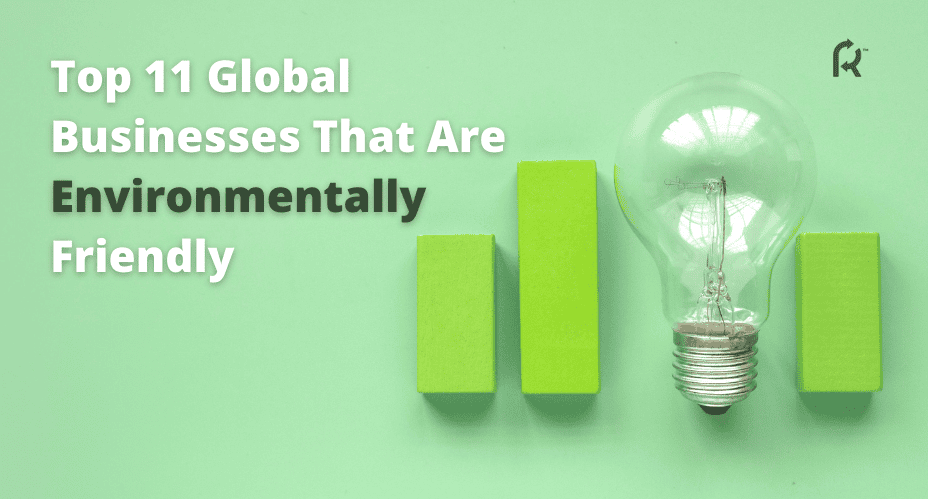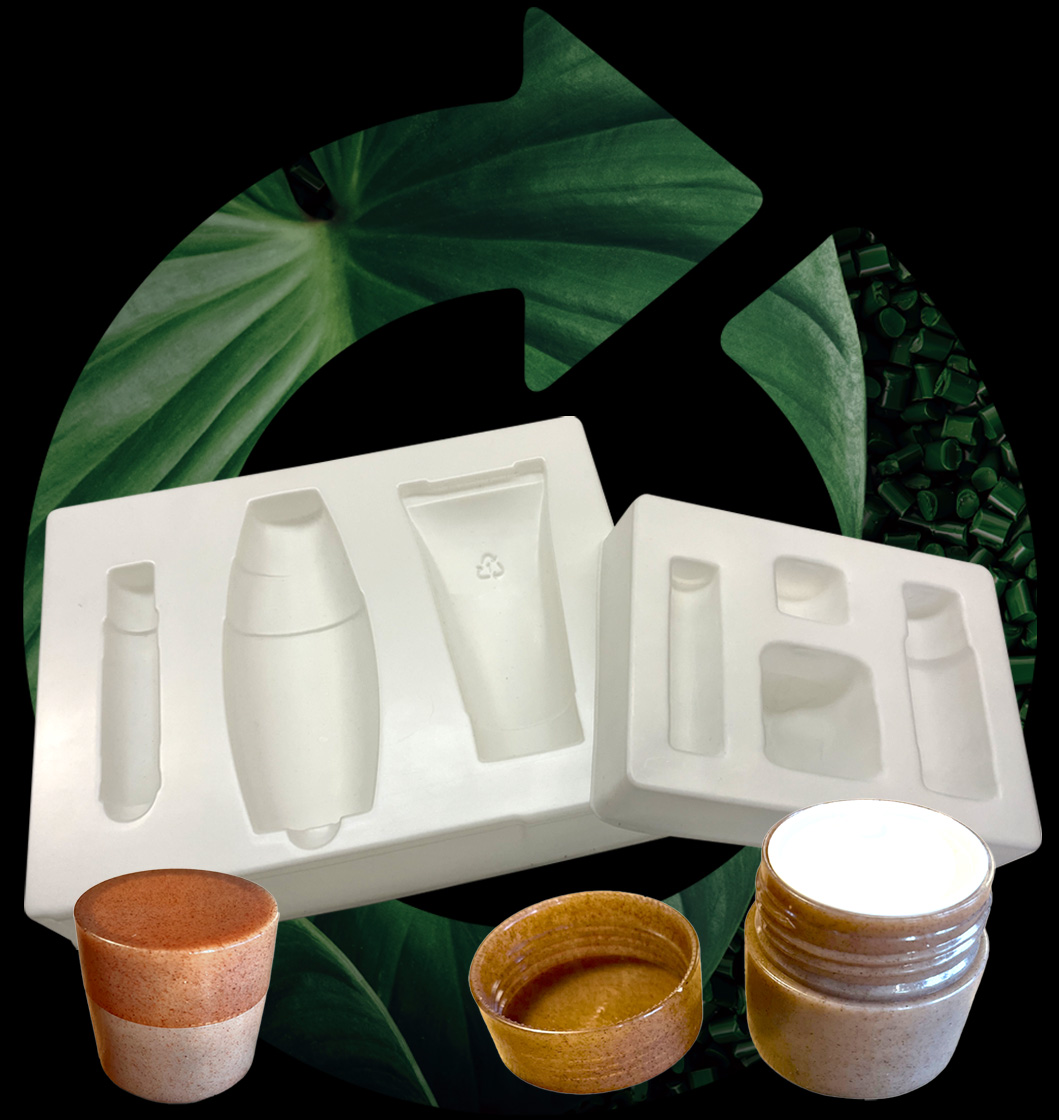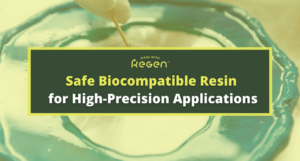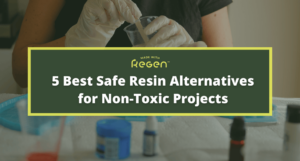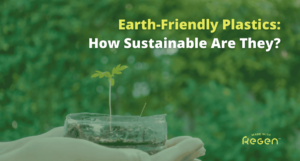Adopting environmentally friendly business practices is increasingly necessary as corporate responsibility becomes essential.
Over half of the global GDP relies on nature, and over a billion people depend on forests. Up to 2 million species face extinction, and in 2023, 3.7 million hectares of tropical primary rainforest were lost. Access to natural resources is a growing issue, with global freshwater demand projected to outstrip supply by 40% by 2030.
Embracing eco-friendly practices benefits the environment and enhances a company’s reputation and customer loyalty.
What Makes a Company Sustainable?
Sustainable businesses rely on the “three pillars of sustainability”: economic, environmental, and social. To improve environmentally, companies should focus on:
- Sustainable resource management to prevent depletion.
- Carbon footprint reduction by optimizing greenhouse gas emissions.
- Utilizing renewable energy sources like solar, wind, and biomass.
- Waste minimization to reduce environmental impact during production.
Why Should Companies Be Sustainable?
Consumers are increasingly mindful of the impact of climate change on their purchases, and they are often willing to invest more in companies that offer eco-conscious products.
ESG (environmental, social, and governance) regulations assess a company’s sustainability and ethical practices. Businesses that prioritize ESG see significantly higher revenue growth.
By 2030, industries could save $437 billion annually through energy efficiency improvements.
A University of Cologne study found that companies committed to sustainability have a 50% higher brand value than average.
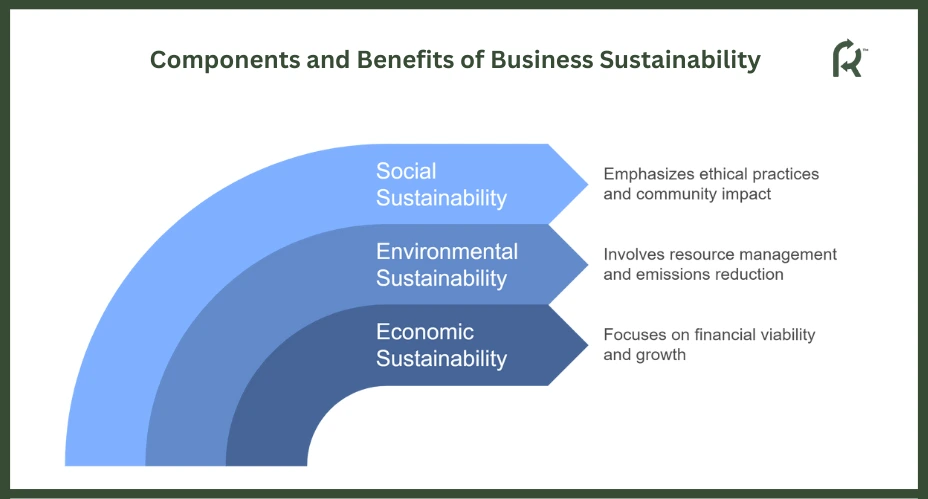
Top 11 Companies That are Environmentally Friendly
Transitioning to environmentally friendly practices has become essential for companies to maintain their reputation and attract customers and investors. This shift responds to the alarming environmental degradation seen in recent years.
Eco-friendly businesses across various industries are embracing the circular economy, which aims to decouple economic growth from finite resource consumption. This model fosters innovation and resilience, creating value while promoting sustainability and environmental stewardship.
1. Bosk Bioproducts
BOSK Bioproducts is a leader in the bioplastic industry, offering eco-efficient solutions that enhance product value while reducing environmental impact. Their goal is to create high-performing plastic alternatives, and they have developed prototypes through various manufacturing processes.
BOSK specializes in renewable and innovative plastics and has unique technology that converts by-products from the paper industry into PHA (polyhydroxyalkanoates). Their bioplastics, marketed as REGEN™, are made from renewable resources and biodegrade in composting conditions, breaking down into non-toxic residues.
BOSK aims to alleviate landfill pressure and protect the environment by promoting bioplastics and compostable materials. The company is carbon-neutral and potentially carbon-negative due to carbon sequestration and the use of hydroelectric power in production.
2. IKEA
IKEA is committed to responsible sourcing, using only recycled or renewable materials. The company has invested over EUR 4 billion in renewable energy, such as wind and solar.
By 2030, IKEA aims to eliminate virgin inorganic raw materials, focusing solely on renewable and recycled options.
They are exploring circular economy solutions, including buy-back, take-back, and furniture leasing programs while promoting repairing, reusing, and recycling old furniture.
3. Panasonic
Panasonic, a major Japanese tech company, is committed to addressing climate change by reducing carbon emissions throughout its supply chain and promoting eco-friendly practices.
The Panasonic Green Impact initiative encourages customers to adopt energy-efficient products to help lower global CO2 emissions. The company focuses on two key environmental issues: “Achieving Decarbonization” and “Realizing a Circular Society.”
Since 2008, Panasonic Energy has produced lithium-ion batteries to facilitate the shift from gasoline to electric vehicles and is dedicated to enhancing energy conservation and renewable energy use.
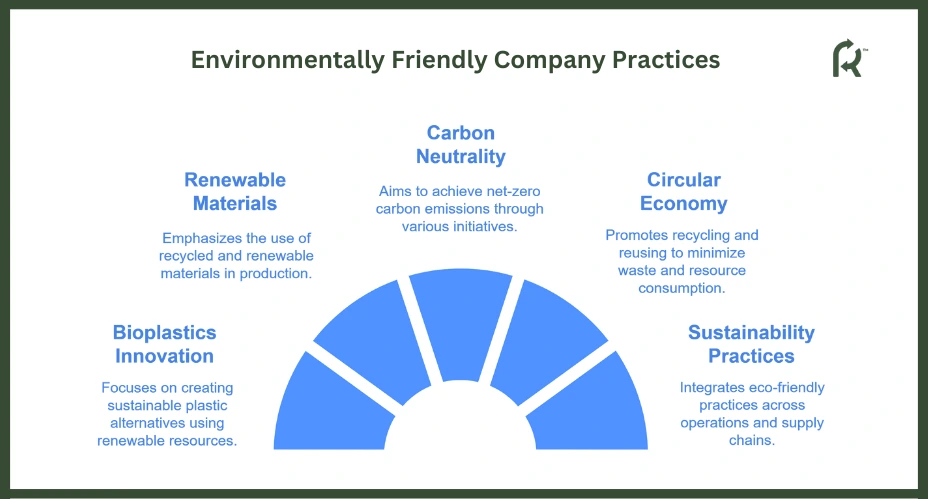
4. Seventh Generation
Seventh Generation is a US Department of Agriculture (USDA)-certified biobased product line that offers infant and feminine hygiene products, laundry, and dishwashing detergents.
The company addresses global issues like air pollution, water health, and plastic waste. Its products are made from renewable, plant-based ingredients and emphasize transparency by listing all ingredients on the packaging.
Seventh Generation is dedicated to environmental stewardship, uses post-consumer recycled plastic, and strives for zero-plastic solutions. The company also advocates for reduced fossil fuel use, green energy, and social and animal rights through partnerships with like-minded organizations.
5. IBM
IBM has maintained a solid global environmental management system (EMS) for decades to identify, effectively manage, and minimize the potential environmental impact of its operations.
EMS’s global applicability and scope are unique. It covers hardware product design, manufacturing, data centers, real estate operations, procurement, logistics, asset recovery, and business services.
IBM’s EMS is continually updated to reflect the company’s intersections with environmental matters.
6. Adobe
Adobe is committed to sustainability through its products that promote efficiency and reduce environmental impacts.
Innovations like cloud software, paperless workflows, and virtual collaboration minimize waste and emissions. The company prioritizes operational sustainability by building LEED-certified offices and setting a 100% renewable energy goal by 2035.
To enhance energy efficiency, Adobe has implemented a monitoring system that tracks extensive data on energy and operations. They measure Scope 1 (direct) and Scope 2 (indirect from energy) carbon emissions from their facilities. They are focused on reducing Scope 3 (other indirect emissions), including business travel, even as the company grows.
7. Procter & Gamble Co
Procter & Gamble Co. focuses on sustainability through four pillars: climate, waste, water, and nature. It aims to create superior products and services by reducing environmental impact, empowering individuals, and scaling solutions across industries.
P&G targets net zero greenhouse gas emissions in its supply chain and operations by 2040, with interim goals for 2030 to track progress. This ambition will require private, nonprofit, and public partnerships to transform energy and transportation infrastructures.
8. Microsoft Corp.
Microsoft’s carbon-negative pledge follows a history of ambitious goals to reduce greenhouse gas emissions. In 2009, the company aimed for a 30% reduction by 2012 and has been carbon neutral since then, relying on offsets rather than directly removing carbon dioxide.
Realizing that carbon neutrality alone isn’t enough, Microsoft committed to being carbon-negative by 2030 across all three emission scopes.
Carbon capture and storage (CCS) is a crucial technology for achieving this, and it has seen significant development globally.
9. Hewlett Packard Enterprise Co.
HP aims to achieve net-zero emissions across its entire value chain by 2040, which is in line with climate science and supported by its Roadmap to Net-Zero and Science Based Targets initiative (SBTi) targets. HPE is among the first multinational IT companies to commit to this goal.
A key focus of HPE’s strategy is to reduce emissions by transitioning to clean energy. It has already surpassed its 2025 target of sourcing 50% of its electricity from renewable sources for two consecutive years.
10. Accenture Plc
Accenture Plc integrates green technologies in its operations and consulting to combat climate change and promote sustainability. As the certified holder of ISO 14001 for Environmental Management Systems, the company focuses on pollution prevention and resource conservation.
It recycles waste, including e-waste and water, and collaborates with clients to address their environmental impacts.
Additionally, Accenture actively monitors energy usage and travel-related carbon emissions to drive continuous improvements in reducing these emissions.
11. Goldman Sachs Group Inc.
Sustainability is integral to Goldman Sachs’ client engagement and operations. The Consumer and Investment Management Division (CIMD) has seen ESG and impact assets grow from $550 million in 2015 to $35 billion in 2019, highlighting increased investor interest in inclusive economic growth and climate transition.
Goldman Sachs also invests in renewable energy through Goldman Sachs Renewable Power (GSRP), which manages a large distributed generation portfolio in the U.S., serving various off-takers, including municipalities, schools, corporations, and the U.S. armed forces.
Contributions by REGEN™ to Environmental Business Practices
REGEN™’s strategy transforms waste materials from paper mills into bio-based materials that can replace petrochemical plastics.
BOSK uses similar manufacturing processes to create 100% bio-sourced and compostable products, free from petroleum or chemical additives.
Aligned with the circular economy model, REGEN™ aims to reduce petrochemical plastic waste at the source while complementing recycling efforts.
Their production aligns with carbon neutrality goals, making them environmentally beneficial plastics. Overall, REGEN™ is committed to combining performance with sustainability in bioplastic innovation.
REGEN™ will assist many companies in making significant strides toward environmental protection. Another method of minimizing plastic waste is supporting brands prioritizing sustainable packaging, such as those utilizing REGEN™ bioplastics.
REGEN™ Eco-Friendly Products
REGEN™ is compatible with conventional manufacturing equipment, offering competitive cycle times and excellent mechanical and physical properties comparable to traditional polyolefin (petroleum-based) resins.
The pellets come in various grades and colors. REGEN™ is suitable for numerous applications, including injection molding, thermoforming, 3D printing, and extrusion blow molding. It has also obtained compostability certification for end products up to 3 mm thick.
BOSK’s bioplastic can create items such as caps, cosmetic jars, 3D printing filaments, and children’s tableware.
REGEN™ Sustainable Manufacturing
Discarded plastics account for a significant portion of the global pollution crisis. Using bioplastics such as PHA from Bosk Bioproducts offers a solution that lessens carbon footprints and reliance on fossil fuels.
REGEN™ products are certified compostable, which safely decomposes and enhances soil health. By promoting bioplastic production from agricultural waste, REGEN™ adds value to materials that would otherwise be discarded.
Using bioplastics such as PHA from Bosk Bioproducts lessens carbon footprints and reliance on fossil fuels.
BOSK employs environmentally friendly production techniques (such as hydroelectricity) to reduce greenhouse gas emissions.
Key Takeaways
- Implementing sustainable practices in business is often regarded as an ethical and wise financial decision because it benefits the environment, society, and the company.
- REGEN™ is a leading company that advocates using renewable resources and cutting-edge bioplastics. By aligning its product offerings with circular economy principles, REGENTM enables industries to adopt environmentally sustainable practices while reducing carbon footprints and plastic waste.
Frequently Asked Questions
What Industry is Eco-Friendly?
The adoption of Industry 4.0 technologies greatly enhances sustainability across various sectors. In the automotive industry, nanotechnology and mobile technology play vital roles. Mobile technology and simulation help reduce emissions and improve energy efficiency in electronics. In the food industry, these technologies optimize supply chains and minimize waste.
An analysis of over 1,800 businesses from environmental bodies like B Corp revealed that over 18% of accredited businesses are in professional services, while retail and manufacturing follow with nearly 8% each. Travel, engineering, and transport account for less than 1%, struggling with significant carbon emissions that hinder substantial changes.
Are There Certifications That Recognize Environmentally Friendly Businesses?
Green business certifications help companies showcase their commitment to sustainability, enhancing credibility and transparency for customers and stakeholders. These certifications from trusted organizations avert greenwashing and encourage adopting sustainable practices.
Notable certifications include LEED, which focuses on energy and water efficiency, and B-Corp, which sets social and environmental performance standards, transparency, and accountability. Other sustainability aspects, like waste management and transportation, also need consideration.
Can Small Businesses Also Be Environmentally Friendly?
Small businesses can support a circular economy by minimizing waste, sourcing locally, and using renewable energy. These practices lower costs and benefit the environment. Implementing recycling programs and eco-friendly packaging can enhance solid waste management and create revenue opportunities.
A shorter supply chain boosts agility and reduces shipping and inventory costs, while reducing water usage aids both finances and environmental sustainability, especially amid growing water scarcity.
